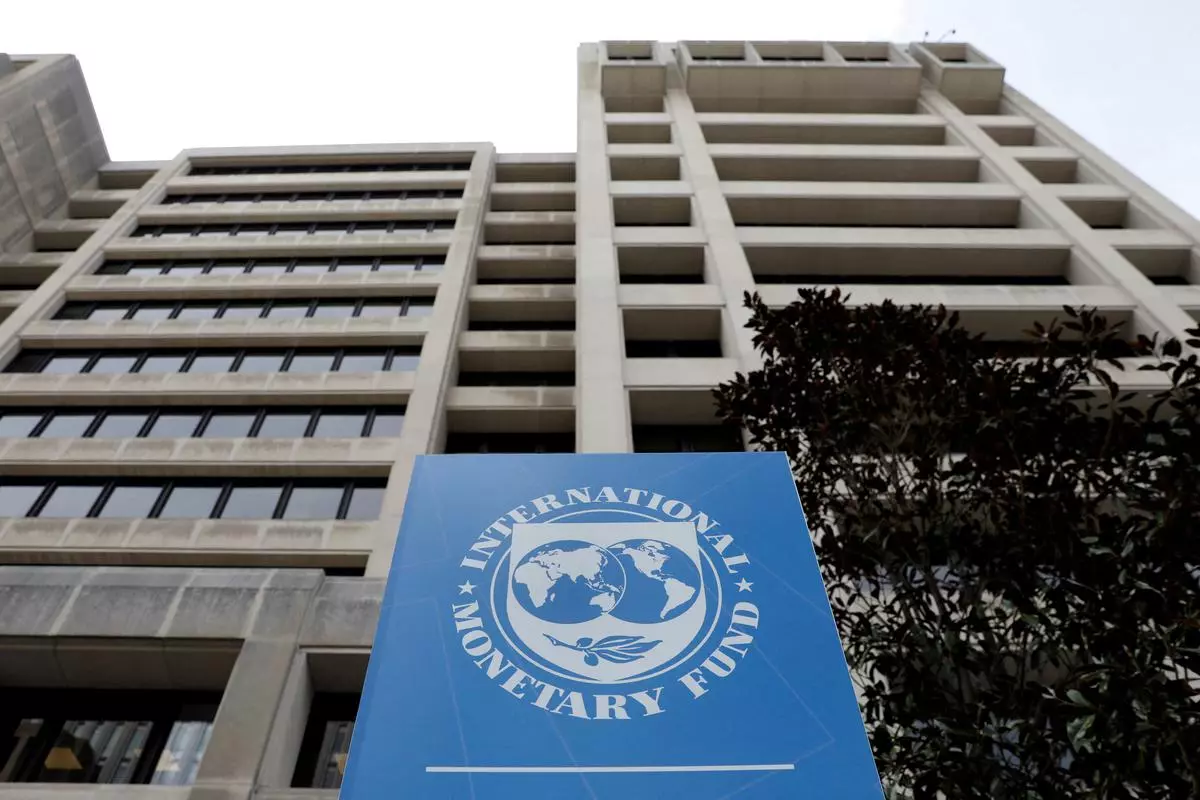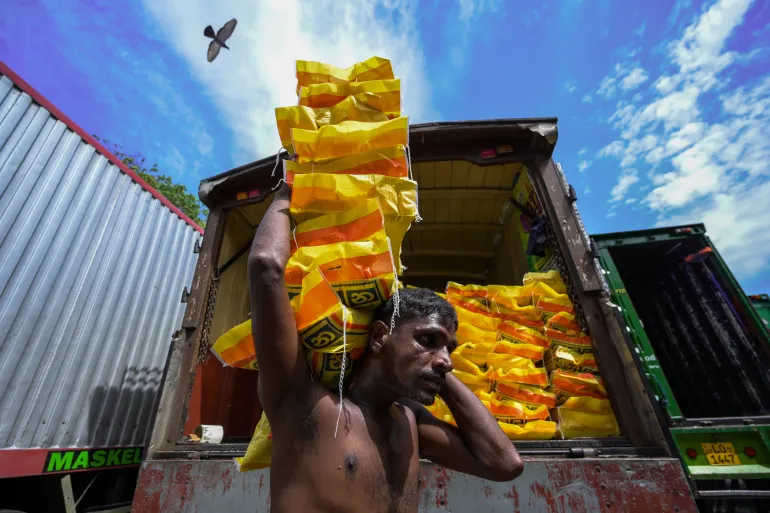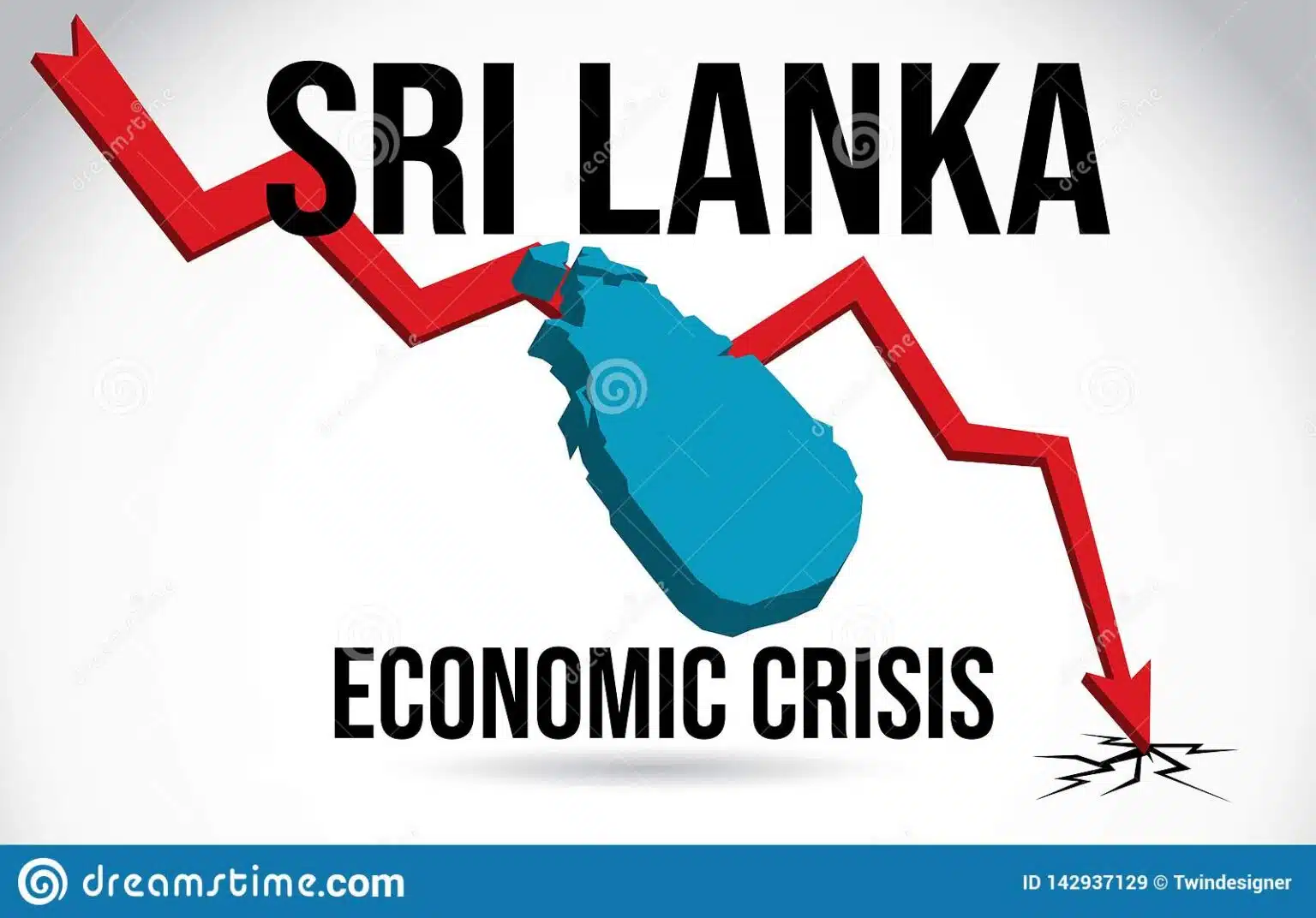Last year during September, the IMF had agreed to bailout Sri Lanka, approving a loan of $2.9 billion dollars. The island country is experiencing its worst economic crisis since independence in 1948. IMF says the Extended Fund Facility arrangement will support Sri Lanka’s program to restore macroeconomic stability and debt sustainability.

SOURCE- IMF
The International Monetary Fund said on Monday that it has approved a $2.9 billion loan. Sri Lanka has been veneering tremendous economic and social challenges. The loan which was agreed will not only aid in restoring the macroeconomic and debt sustainability of the island nation, it will also sustain the financial stability, protection to the vulnerable, and intensifying structural reforms to address corruption vulnerabilities and unbar Sri Lanka’s growth potential.
PUBLIC PROTEST
While there has been a wide-spread public protest by public sector unions, as recently when thousands of workers at hospitals, schools and railways across the country went into strike to protest against high costs of living, including increased taxes which were imposed as a pre-condition for the IMF bailout.
Union leaders say the strike duration will depend on the government’s response to demand of reversing the new taxes, which were among the measures taken to qualify for the grant.
IMF HELP WILL AID SRI LANKA HOW
About $333 million are to be disbursed immediately. This is the first installment of the nine-tranche loan expected to spread over four years. The IMF is keenly observing the protests and social unrest since the tax reforms.
The Sri Lankan government had also received assurances from China, which has emerged as its largest single bilateral creditor, amongst India and other major bilateral creditors and ultimately cleared the final hurdle for the IMF rescue.
HOW GOVERNMENT PLANS TO EMPLOY THE FUNDS
On March 18 last year, Sri Lanka had to seek the IMF help after it began defaulting on its $46bn foreign government debt in mid-April of 2022.
The deal has been in the works for nearly a year and is a lifeline for the country of 22 million people, which has billions of dollars in loans.
Sri lankan foreign minister Ali Sabry, in a statement told the BBC the government will raise funds by restructuring state-owned enterprises and privatizing the national airline.
However, this comes with a stale warning that Sri Lanka still faces an arduous challenge forward.The country’s economy has been hit hard by the pandemic, rising energy prices, populist tax cuts and inflation of more than 50%.
FURTHER WORKS
Sri Lanka has had to face worse conditions- there has been a shortage of medicine even.

SOURCE- ALJAJEERA
So now an IMF program is in the works to provide the country with foreign exchange funds to be able to purchase such sorely-needed goods and ease inflation at home. Furthermore, the IMF is also planning to unbar further funds from creditors such as the Asian Development Bank and the World Bank.
However, IMF Managing Director Kristalina Georgieva warned that Colombo must continue pursuing tax reform and greater social safety nets for the poor – and rein in the corruption that has been partly blamed for the crisis.
“I express my gratitude to the IMF and our international partners for their support as we look to get the economy back on track for the long term through prudent fiscal management and our ambitious reform agenda,” Sri Lanka’s President Ranil Wickremesinghe said in a statement on Monday.













